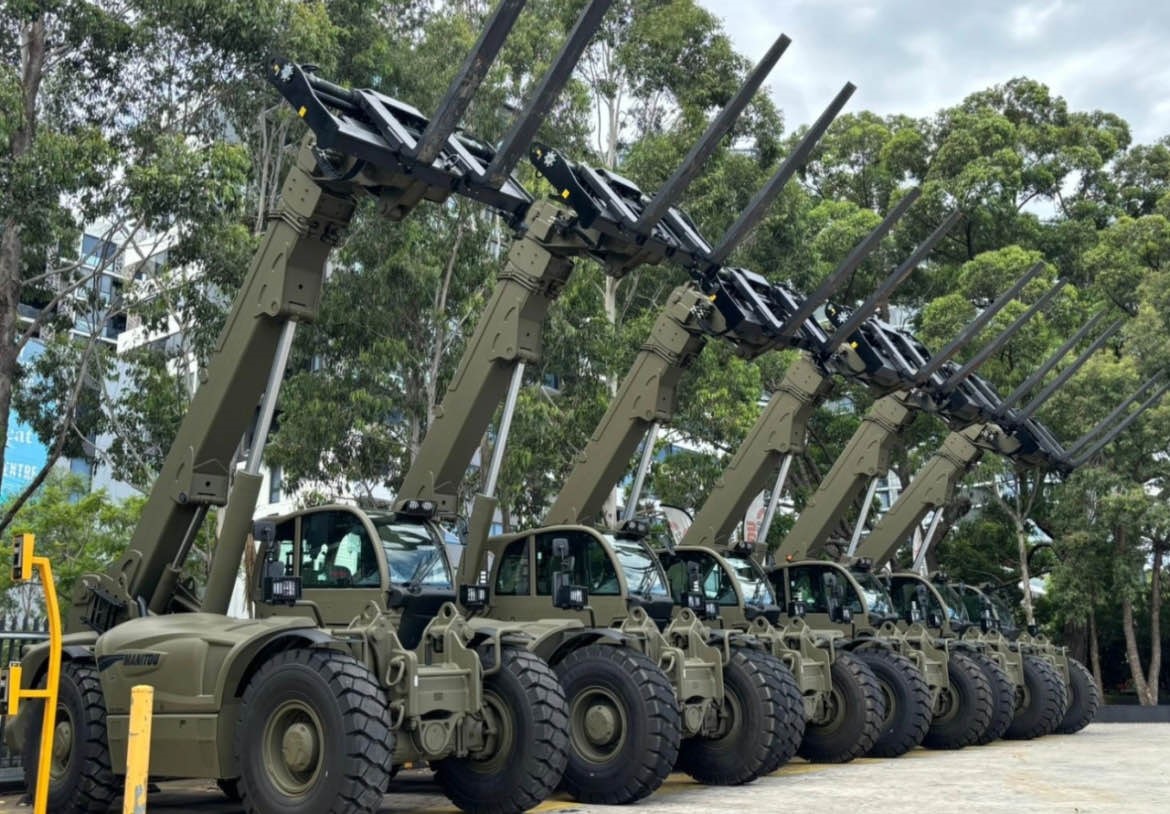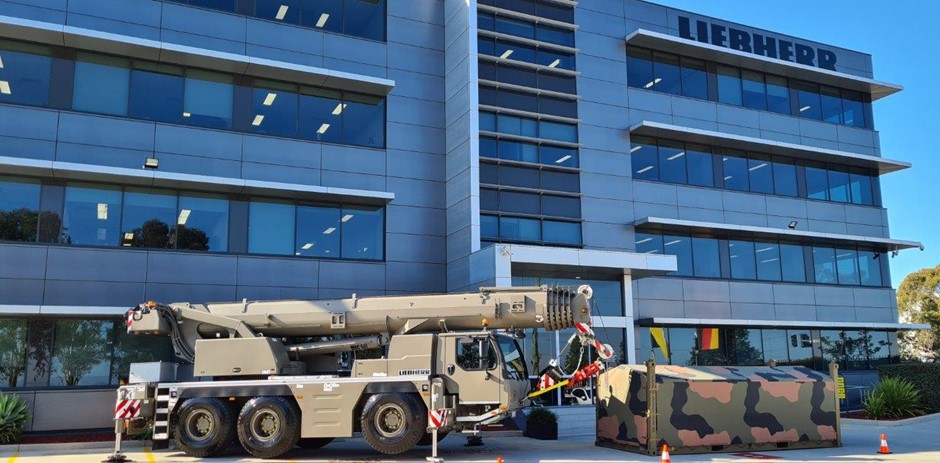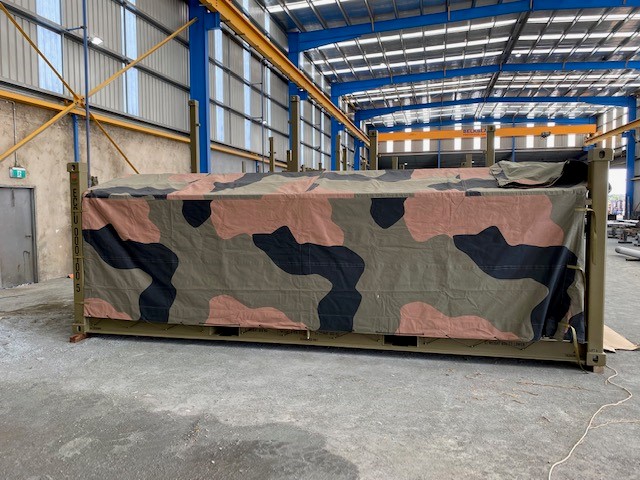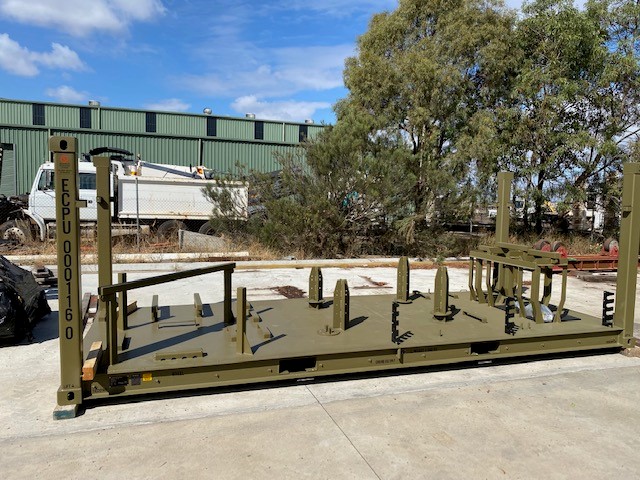Ventia is driving significant value, efficiencies, and capability for the Australian Defence Force with the early delivery of heavy equipment through the Land 8120 Phase 1 contract – setting a high industry benchmark.
The Land 8120 Phase 1 contract sees Ventia lead a team of equipment manufacturers and local engineering specialists to deliver over 300 earth-moving and materials-handling vehicles to Defence. The 13 different types of vehicles include cranes, excavators, dozers, telehandlers, and front-end loaders and each vehicle type requires varying levels of modifications to meet specialist Defence requirements.



